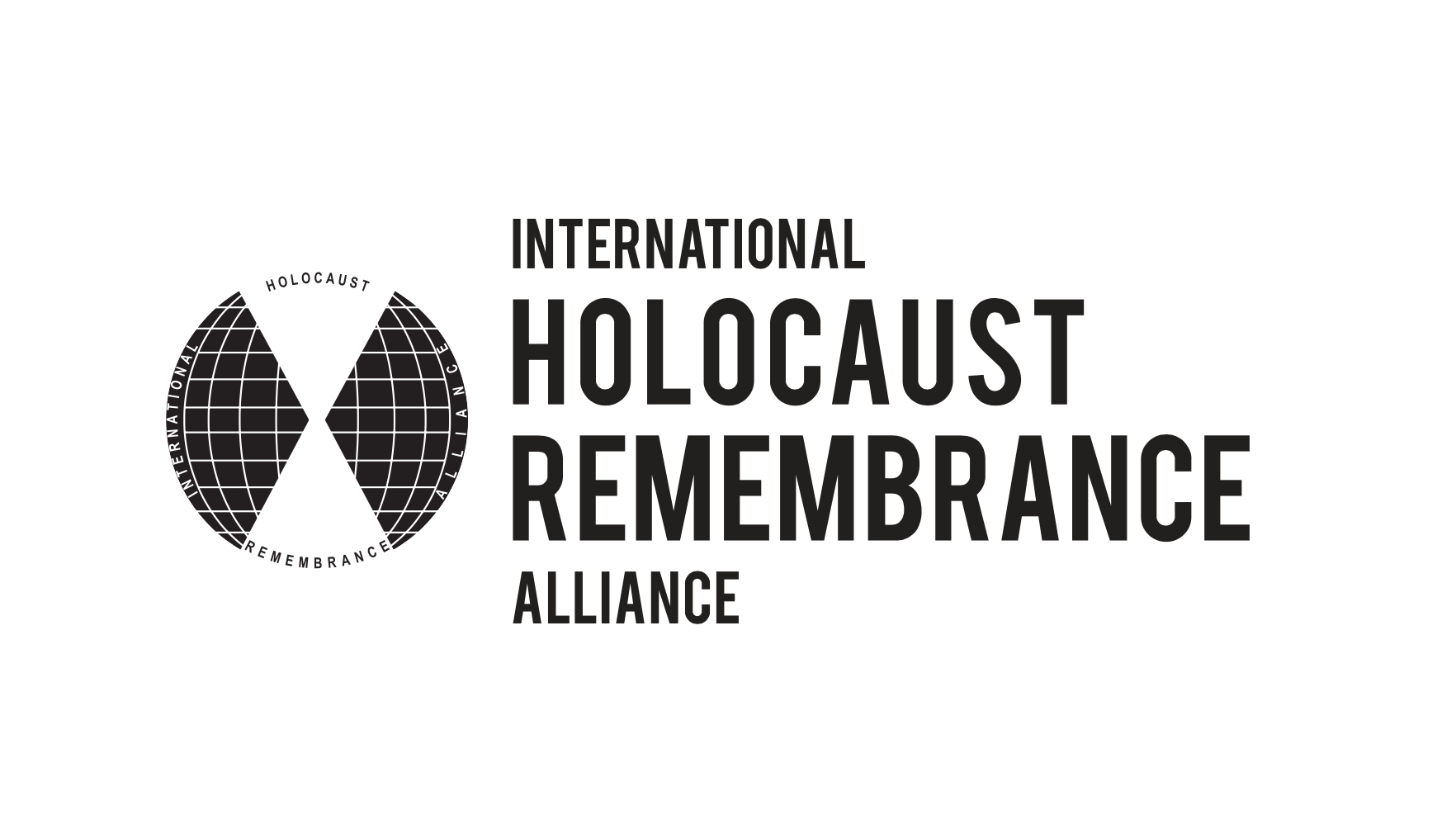Dear Representative,
We, the undersigned Jewish organizations, write to express our opposition to the codification International Holocaust Remembrance Alliance (IHRA) Working Definition of Antisemitism and to any legislation that would encourage its adoption.
We are deeply concerned about the escalating antisemitism here in the United States and globally, particularly following the horrific October 7th terrorist attacks. We strongly condemn Hamas’s brutal attacks. We alsorecognize the urgent need to address the rising antisemitic incidents against Jewish communities.
Antisemitism is a serious and growing problem in the United States and around the world. The need for a robust response to combat genuine instances of antisemitism is unquestionable. However, we oppose efforts to adopt the International Holocaust Remembrance Alliance (IHRA) Working Definition of Antisemitism.
We agree with the urgent need to combat antisemitism and call for actions that will do just that. However, we are concerned that the IHRA definition and its examples, with its broad characterization of criticism of Israel, undermines the fight against antisemitism. Equating criticism of the Israeli government with antisemitism risks stifling important discussions on Israeli policies and actions, thereby hindering the broader effort to combat true instances of hatred and discrimination against Jewish communities. There is no need for the codification of a formal definition to combat antisemitism any more than for racism, sexism, or other forms of discrimination as the facts of each individual situation must be assessed.
The IHRA definition, with its broad and problematic characterization, poses a significant threat to free speech and open discourse. We reject any definition that can be misappropriated to suppress criticism of the Israeli government or stifle legitimate discussions about Israeli policies. Such misuse of the IHRA definition has been noted by its lead drafter, Kenneth Stern, who has cautioned against its weaponization to suppress free speech.
128 leading scholars specializing in antisemitism, Holocaust studies, modern Jewish history and related fields have also cautioned against the definition, describing it as “deeply problematic,” “vague” and “incoherent.” Leading civil and human rights groups including the ACLU, the Center for Constitutional Right and the Civil Liberties Defense Center have warned that “any embrace of the IHRA definition… would legitimize and encourage this undermining of core democratic rights.”
In 2023, over 100 civil society organizations wrote to the UN in opposition to the adoption of the IHRA definition and there have been several Congressional letters expressing similar concerns about the IHRA definition and the problematic uses of its examples.
The Jewish community itself has yet to reach a consensus on the definition of antisemitism or what constitutes antisemitic speech. We believe it is not suitable for Congress to codify a specific definition, as this issue continues to be a matter of internal discussion within the community.
The US National Strategy to Counter Antisemitism also set an important precedent by not adopting the IHRA definition. This strategic decision highlights the need for a more inclusive and nuanced approach that balances the fight against antisemitism with the protection of free speech rights.
In our shared commitment to combatting antisemitism, we oppose the codification of IHRA and urge careful consideration of alternative definitions that do not risk stifling legitimate criticism and dissent. It is imperative to address the rise in antisemitism effectively while upholding the principles of free speech and open dialogue.
Thank you for your attention to this matter, and we look forward to engaging in further discussions to ensure a comprehensive and fair approach in combating antisemitism.
Sincerely,
Americans for Peace Now
ALEPH: Alliance for Jewish Renewal
New Israel Fund
Partners for Progressive Israel
T’ruah: The Rabbinic Call for Human Rights






Leave A Comment